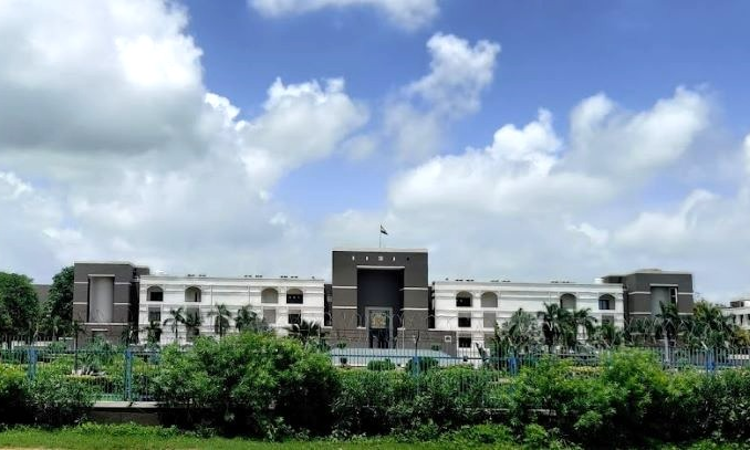Application For Mutation Of Entry In Revenue Record Does Not Create Encumbrance On Property: Gujarat High Court
PRIYANKA PREET
31 Aug 2022 3:00 PM IST

Next Story
31 Aug 2022 3:00 PM IST
The Gujarat High Court recently refused to initiate contempt proceedings against a party to property dispute, said to have wilfully disobeyed court's status quo order by making an application for before the concerned Revenue Authority for mutation of the entry in the revenue record, on the basis of the registered Sale Deed.The Bench comprising Justice Vipul Pancholi and Justice AP Thaker was...
